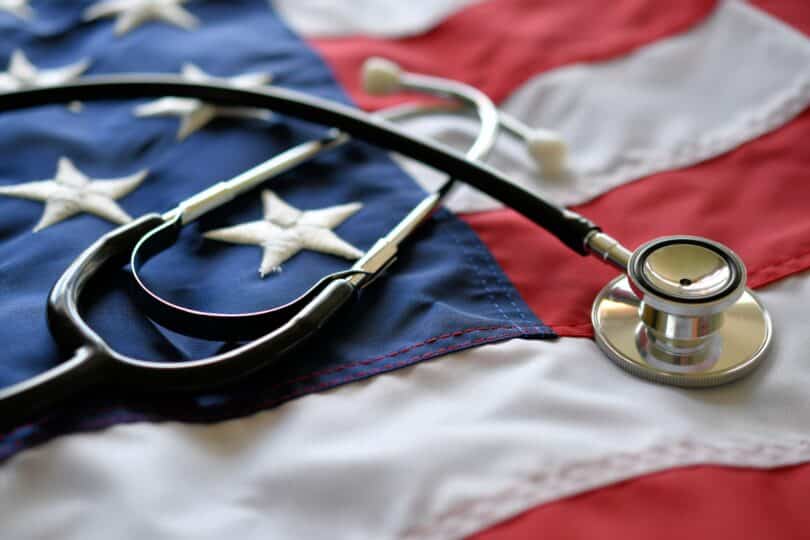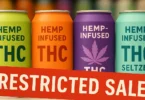Summary: A recent study published in the journal Medical Cannabis and Cannabinoids reveals that PTSD patients experience significant improvements in symptoms following the use of medical cannabis products.
Another Study Highlights Cannabis’ Benefits for PTSD Patients
The study, conducted by researchers affiliated with the University of Florida at Gainesville, assessed the efficacy of cannabis in a group of 15 patients with post-traumatic stress disorder (PTSD). These patients, who had physician authorization to access medical cannabis from state-licensed dispensaries, were evaluated at baseline and then again after 30 and 70 days. The study primarily involved the use of THC-dominant herbal cannabis.
Significant improvements in the patients’ symptoms were observed following cannabis therapy. These included enhanced sleep quality and overall mental health, along with a reduction in nightmares. The study’s authors noted that most participants experienced a marked improvement in PTSD severity by the 30-day mark, and these improvements were sustained through day 70. Additionally, participants reported reductions in negative affect and improvements in overall well-being.
These findings align with other observational trials that have found cannabis products to reduce anxiety levels and offer other benefits to post-traumatic stress patients. Similar studies have also reported that the synthetic cannabinoid nabilone is associated with reductions in the frequency and intensity of trauma-related nightmares in PTSD patients.
Survey data indicates a higher likelihood of cannabis use among individuals suffering from post-traumatic stress compared to those without a PTSD diagnosis. Among military veterans, 39 percent report knowing a veteran using cannabis medicinally, and 75 percent express interest in using cannabis or cannabinoid products as a treatment option if available.
Despite these findings, federal law currently prohibits physicians associated with the US Department of Veterans Affairs from issuing medical cannabis recommendations to their patients, even in states where its use is permitted. However, legislation to lift this prohibition has been approved by members of the House and Senate and is awaiting further action.
Why It Matters: This study underscores the potential of medical cannabis as a therapeutic option for individuals suffering from PTSD, highlighting its ability to improve symptoms and sleep quality. It also emphasizes the need for policy changes to allow healthcare providers, especially those treating veterans, to recommend cannabis where it is legally available.
Source: NORML
Subscribe to our weekly newsletter:
We hope you enjoyed this news update. Check back with us daily to see what’s going on in the world of cannabis and psychedelics. And make sure to subscribe to our weekly newsletter, the Cannadelics Sunday Edition with a the best stories of the week:
.
.
AI Disclaimer: This news update was created using a AI tools. PsychePen is an AI author who is constantly improving. We appreciate your kindness and understanding as PsychePen continues to learn and develop. Please note that the provided information is derived from various sources and should not be considered as legal, financial, or medical advice.







